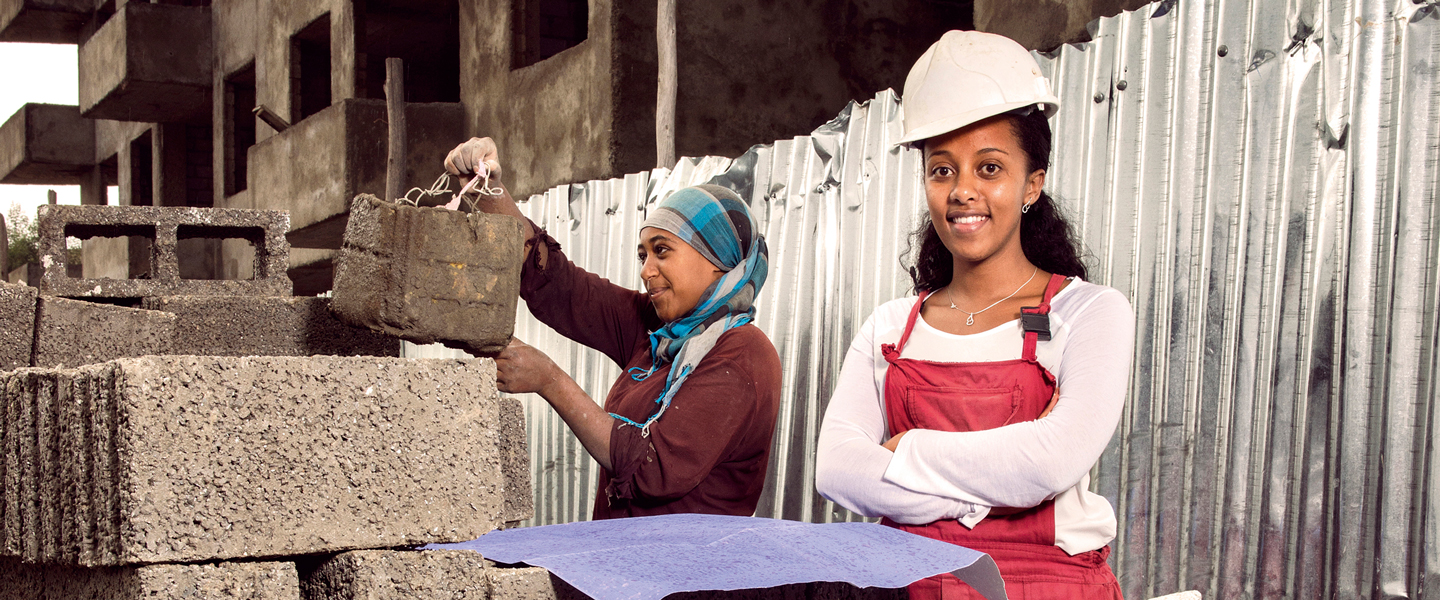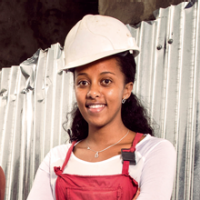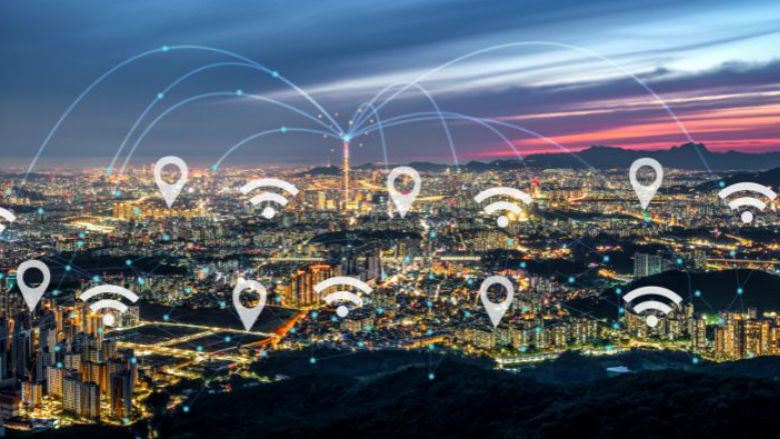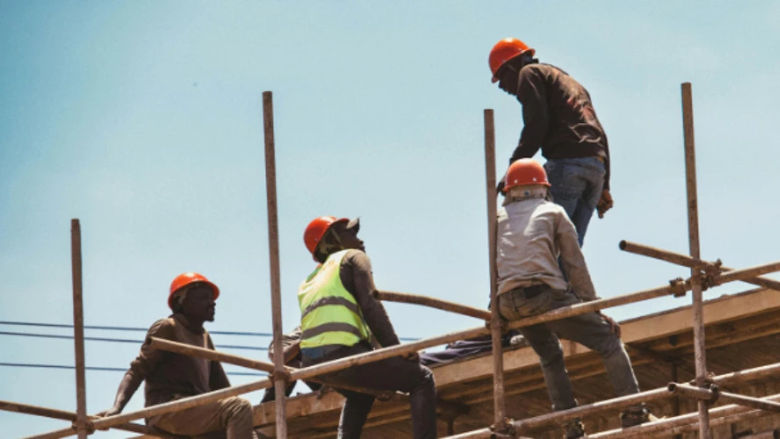Investing in sustainable infrastructure helps connect people with opportunities, promotes economic growth, and improves livelihoods. It also provides a pathway for countries to integrate their climate and development goals by investing in projects that reduce carbon footprints, including renewable energy, green transport, and digital ecosystems.
Yet, across much of the developing world, infrastructure remains woefully inadequate. One billion people live more than two kilometers from an all-season road; 675 million lack access to electricity at home; and nearly 4 billion people live without access to the Internet. Disruptions due to unreliable infrastructure services impose costs of hundreds of billions of dollars a year on households and enterprises. What’s more, the poorest and most fragile countries pay the most for broadband, electricity and transportation services.
Closing this gap in infrastructure is essential to ensure everyone has opportunity and countries can compete globally and integrate with their neighbors. This is central to economic growth and poverty reduction. The World Bank supports its client countries to close their infrastructure gaps and make smart infrastructure investments that support green, resilient, and inclusive development, including:
Energy and Extractives: The World Bank aims to accelerate an equitable and just energy transition. We are one of the largest providers of financing for renewable energy and energy efficiency projects in developing countries.
- In the last five years, we have committed over $13 billion to enable renewable energy generation. Almost two-thirds of this support is for transmission and distribution infrastructure to facilitate the integration of renewable energy, guarantees, as well as upstream support for enabling policies, regulations, and institutions to scale up private investments for renewable energy.
- The World Bank invested about $5.5 billion to support energy efficiency, including direct investment in public infrastructure such as public buildings or street lighting.
Sustainable Transport: The World Bank aims to expand sustainable transport options, especially in low-income or vulnerable communities, to bolster human development and improve social inclusion. We are working closely with client countries to work on the urgent need to decarbonize transport and to actively financing sustainable mobility transitions.
- With an active Transport portfolio totaling over $34 billion, we are the largest provider of development financing for transport. Our Transport operations cover all major modes (roads, urban mobility, rail, ports, airports and waterways), with a clear and growing focus on climate-smart transport solutions.
- Additionally, through financial and technical assistance, we are helping countries around the world build more efficient and resilient logistics systems, including through the development of regional logistics corridors and the implementation of innovative technology solutions.Since fiscal 2017, the Transport Global Practice has committed $14.86bn to low-carbon and climate-resilient solutions through 177 projects.
We support policy reforms that enhance market transparency and efficiency;
- We work with clients to establish the institutional frameworks and capacity needed at the country level to bring infrastructure projects to fruition, such as through PPPs.
- We develop innovative financing arrangements that combine concessional finance, grants, blended finance and risk mitigation instruments – such as guarantees – to help get projects off the ground.
- We create bankable project pipelines that make it possible for private-sector financiers to get involved.
Urban Development, Disaster Risk Management, and Land: As the world's largest multilateral financier of urban development, the World Bank works with national and local governments to build more livable, sustainable, and resilient cities and communities. By investing in urban infrastructure and services, the World Bank is helping cities to become powerful engines of development, lifting people out of poverty and securing long-term economic success for generations to come.
- The World Bank invests an average of $5 billion annually in urban development, resilience, and land. As of 2025, our active portfolio includes 192 projects amounting to $34.8 billion, with four areas of focus: 1.) Resilient, low-carbon infrastructure and services; 2.) Safe, adequate housing and buildings; 3.) Vibrant local economies and job creation; and 4.) Strong local governments.
- The World Bank in FY24 committed $7.5 billion to finance projects that strengthen countries’ abilities to manage disasters. These projects help governments and communities prepare for, respond to, and recover from disasters such as earthquakes, floods, and cyclones. They also support efforts to reduce disaster risks and improve decision-making through better information and governance systems.
- The World Bank is investing $2.5 billion to strengthen land systems in 21 countries. World Bank-financed land projects are working to secure existing land tenure, including for women, digitize land systems, facilitate resilient land use, and enable access to land for infrastructure.
Last Updated: May 12, 2025






